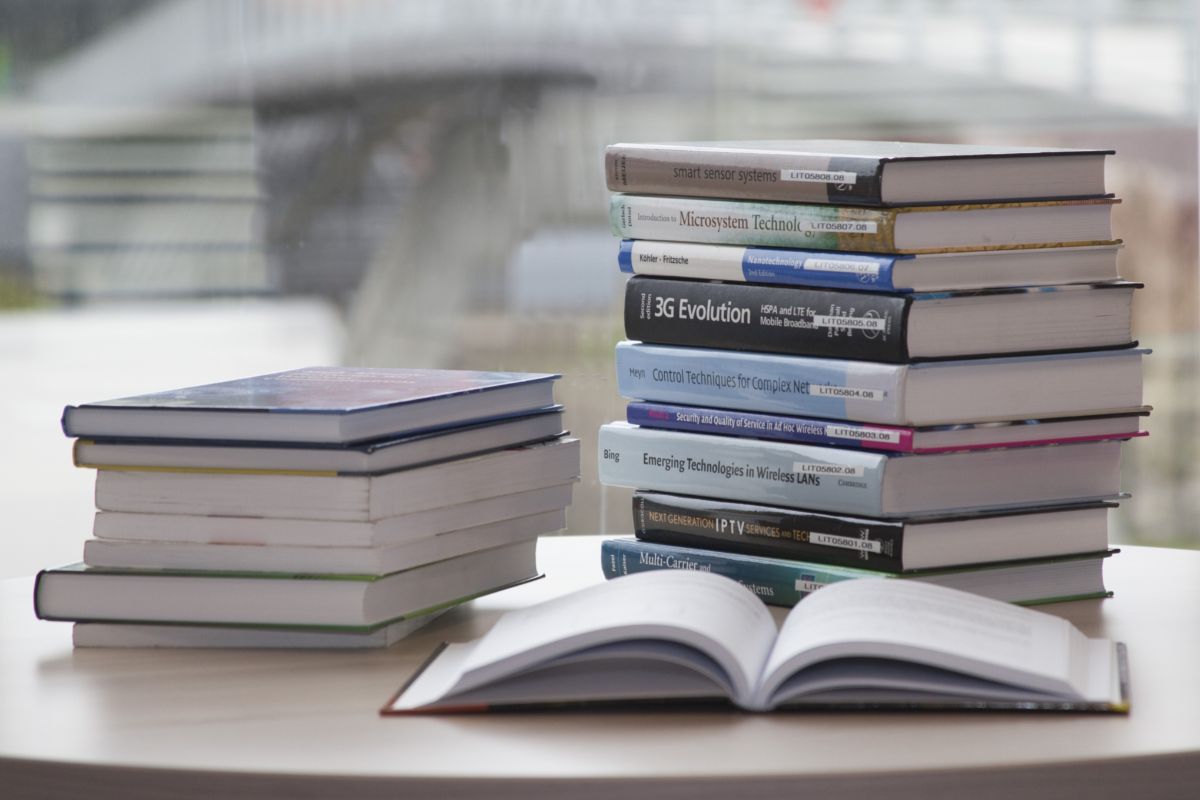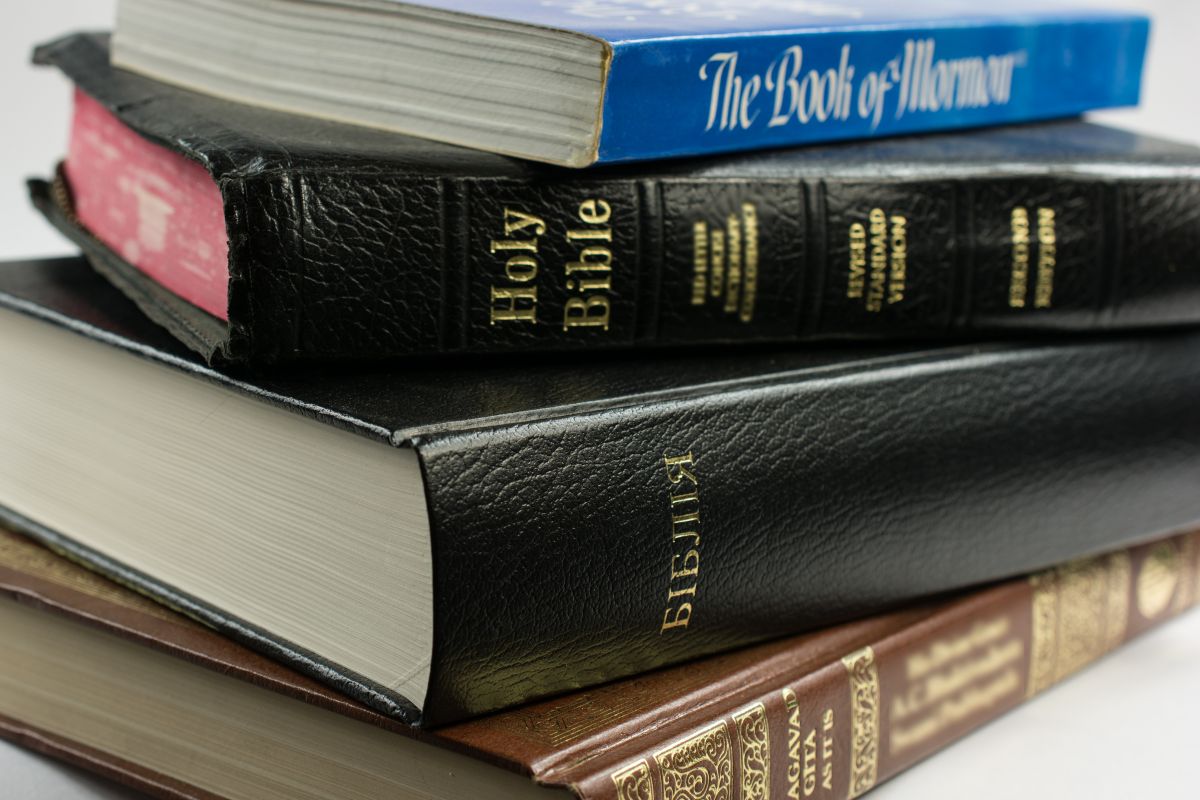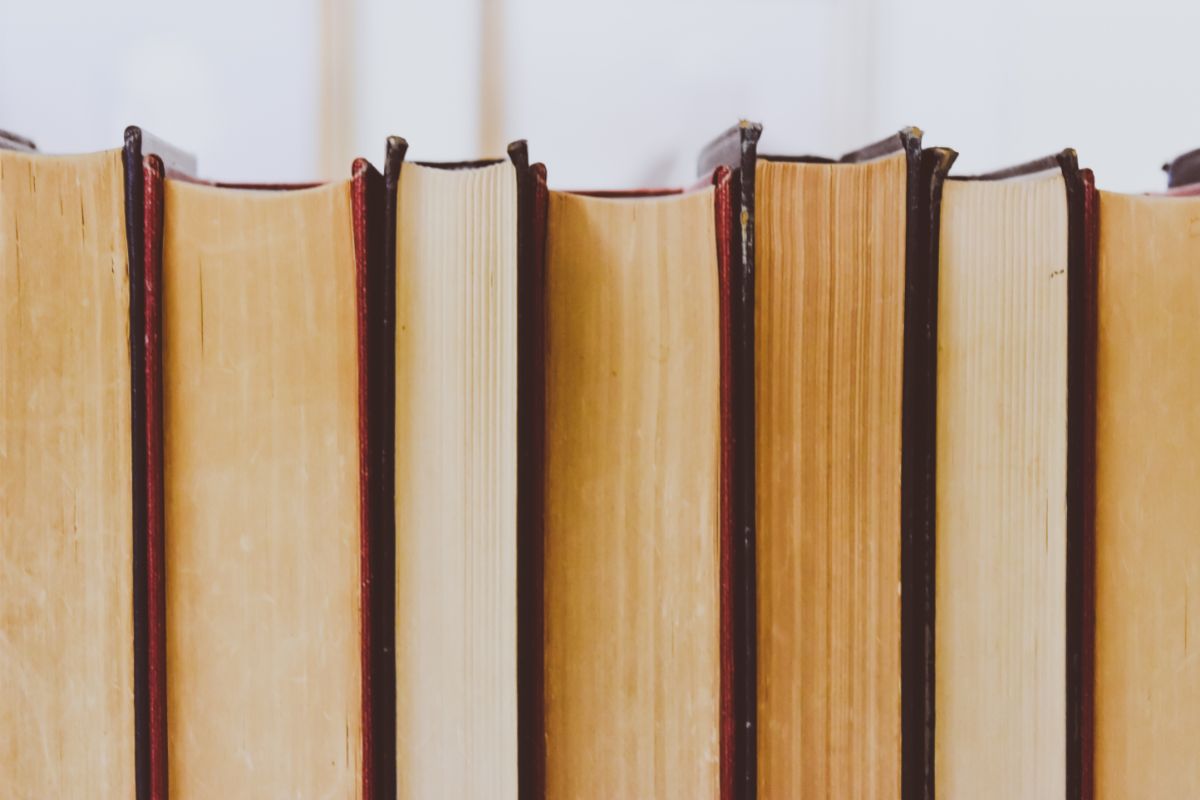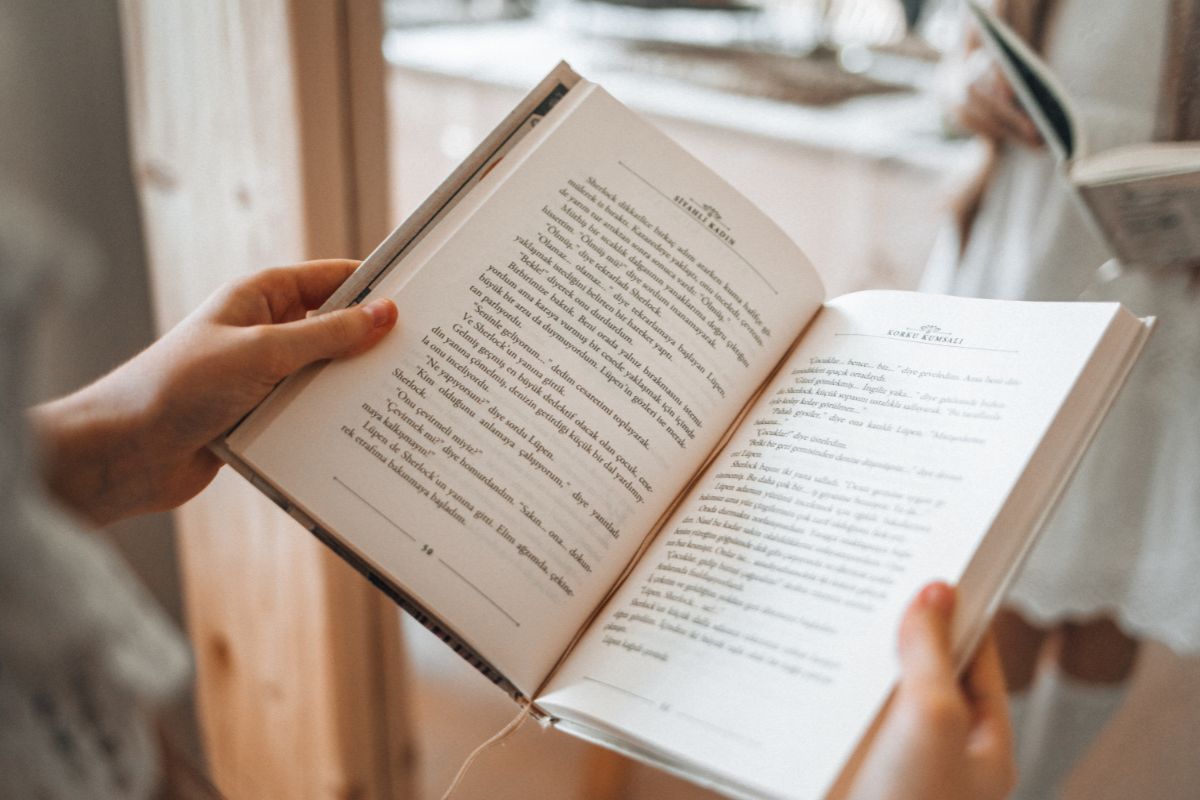Psychology has been one of the most exciting fields of study over the last 100 years.
The human mind has remained one of the most elusive mysteries over the course of history, and psychology has long attempted to gather knowledge and insight into the inner workings of others.
There is a huge variety of different nonfiction books about psychology, and the list grows every year as the field expands and develops.
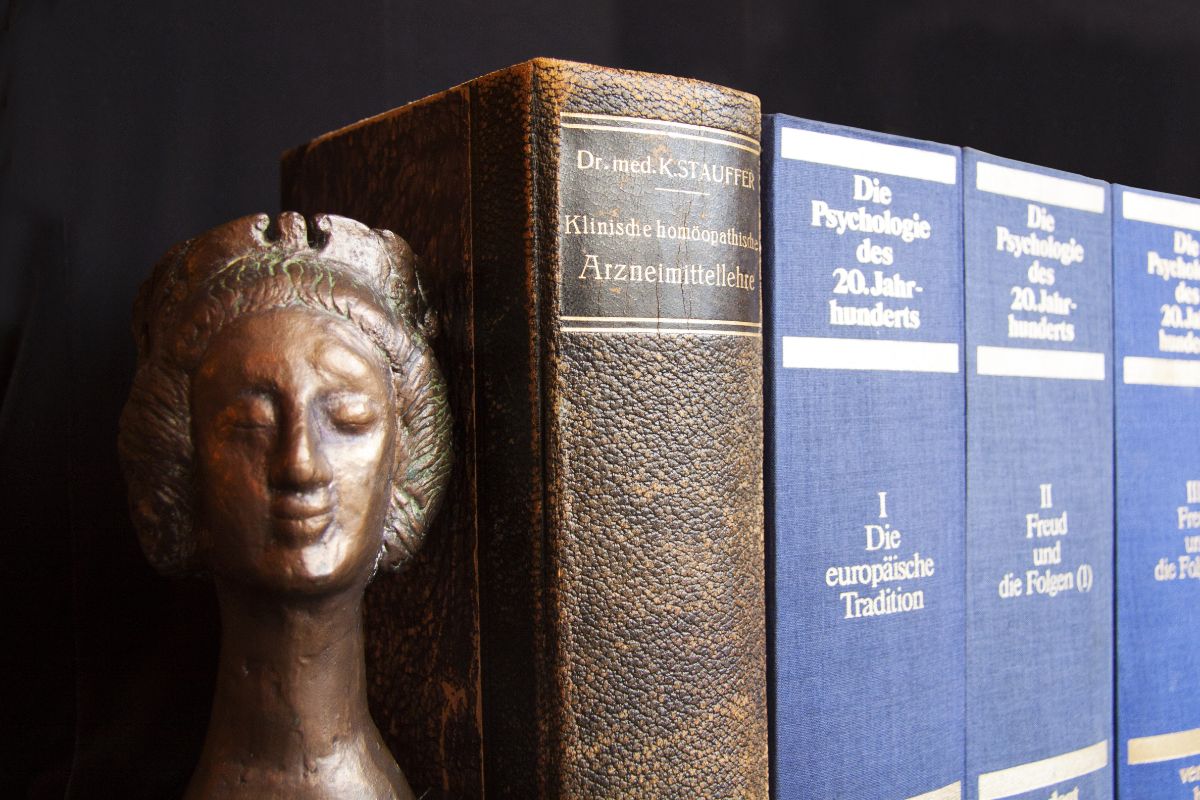
So let’s say you’re interested in learning more about psychology. Perhaps you’re a student, taking your first steps into the field.
Or maybe you’re somebody with a passing interest, who would like to find a book that captures their thirst for knowledge.
Either way, you’ve come to the right place! In this article, we’ll take you through a list of the 8 best psychology books you will love.
We’ve also included a short FAQ to help explain any other questions you may have about this topic at the end.
8 Psychology Nonfiction Books
1. The Lucifer Effect: Understanding How Good People Turn Evil By Philip G. Zimbardo
One of the most difficult questions to answer within psychology has been why humans do bad things. Human morality and behavior is a big part of the field, and one that people are naturally interested in.
One of the most infamous experiments ever staged within psychology is the Stanford Prison Experiment.
This saw a prison created in the basement of Stanford University, with willing students separated into ‘prisoners’ and ‘guards.’
It was led by professor Philip Zimbardo, who oversaw the results of the experiment as the subjects of the experiment descended into evil and immoral acts; forgetting that they were students and causing the experiment to eventually be shut down for fear of where it might lead.
Although this experiment is extremely controversial, it has long served as a fascinating look into the human psyche and offers an explanation for how seemingly good humans can do morally evil things under the right circumstances.
If you want to know more about this experiment, then this book is going to be a great choice for you as it’s written by Philip Zimbardo himself.
2. The Happiness Hypothesis: Finding Modern Truth In Ancient Wisdom By Jonathan Haidt
This book gives the reader an insight into the modern concept of moral foundations theory.
If you want to get a good understanding of human ‘happiness’ across time—through the way of some of the most important historical philosophers such as Jesus, Plato, and Buddha—then this is a great book for you.
These historical ideas are explored through the lens of social psychology and aim to recontextualize these concepts for the modern reader.
We would suggest reading this book even if you’re new to psychology as it’s very accessible and intriguing to read.
3. The Body Keeps The Score: Mind, Brain And Body In The Transformation Of Trauma By Bessel Van Der Kolk
Trauma is a concept that is becoming more and more understood throughout the course of the 21st century.
If you’re looking for a book that can teach you everything you’ll want to know about this concept, then you should definitely check out The Body Keeps The Score.
This book is written by one of the most important figures on traumatic stress, and will explain how trauma can change a person’s mind and body.
Whether you’re going through trauma yourself, or just want to know more about it, this is going to be the first book you should read about it.
It will take you through a series of different trauma triggers and how the human body responds to them.
The ‘keeping the score’ here, is how your body learns to hold onto physical and emotional statesm then use that as a resposne to future events in your life.
4. Thinking Fast And Slow By Daniel Kahneman
Next up we have a book that explores human thought.
It’s a great choice if you’re looking for something that will teach you more about the way your mind works, but also how you can use this to your advantage.
Thinking Fast and Slow is a great insight into how you can build good thinking habits and make the most of two distinct systems that operate within your mind.
Although the book doesn’t give you direct strategies for how you can become better at managing your mind, it does offer deep insight into how these systems work, leaving you the space to figure out for yourself how you can use them to your advantage.
5. Blink: The Power Of Thinking Without Thinking By Malcolm Gladwell
If you’re looking for another book that will take you through the way your mind works, then you should delve deeper into this field by reading this book by Malcolm Gladwell.
Blink is all about subconscious thinking, and how humans can cultivate this to become more competent at specific jobs and skills.
Blink takes a close look at the concept of instinct and why some humans make the choies they do under strict time constraints.
6. The Red Book: A Reader’s Edition By C. G. Jung
If you’re looking to really challenge yourself, as well as to connect with one of the most important figures in psychology, then taking a crack at the Red Book by Carl Jung isn’t a bad idea.
Jung is undoubtedly one of the most vital figures in psychology to understand, and although his work can feel inaccessible at times, he is considered a genius for a reason.
Provided you can break through his strange and sometimes daunting prose, you will find that Jung has a lot to say about some of the most important aspects of human psychology.
7. Emotional Intelligence: Why It Can Matter More Than IQ By Daniel Goleman
IQ, or Intelligence Quotient, is often the way that humans measure intelligence. Although this has been a useful metric for us to understand human intelligence, it’s not all there is to the story.
In this book, Daniel Goleman explores the concept of emotional intellignece and how this is important to humans throughout history and in our modern world.
If you’re looking for a book that explores intelligence and how it may be a multi-faceted phenomenon, then this is a great place to start.
8. Hide And Seek: The Psychology Of Self-Deception
Self-Deception is becoming a better-understood concept within modern psychology.
If you’re looking for a cutting-edge book that will introduce this concept for you and unpack it, we recommend picking up this book by Neel Burton.
It’s part 2 of the Ataraxia Series, which attempts to help people with their mental health, through the lense of psychological research.
If you’re looking for something that can help you with your own mind, as well as a way to understand others around you, then this is a great book for you to pick up and read at your leisure.
Final Thoughts
So that was our list of the 8 best nonfiction psychology books for you tp pick up today. Psychology is an extremely vast field with many facets and a lot to learn about.
It is an ever-changing field that will probably transform even more over the course of the next 100 years, as modern technology offers us deeper glimpses into the human mind.
You can spend your entire life learning about psychology, but we hope that this list has given you a good spread of books to get started with.
If you still have some questions, check below for our short FAQ section! We wish you the best of luck on your reading journey, and hope that the books above give you many hours of happy thought!
Frequently Asked Questions
Who Is Carl Jung?
Carl Jung is one of the most important figures in psychology.
He is the founding father of analytical psychology, which paved the way for much of the modern practices and understanding used by therapists, psychologists, psychiatrists, and others within the field.
Some of these most important works include The Red Book, Dictionary of Analytic Psychology, and Synchronicity.
Jung is an important figure to learn about if you’re a student of psychology or just somebody who wants to know more about the field.
How Can I Study Psychology Fast?
Psychology is a field like any other, and in order to get a good grasp of it then you’ll need to put in a lot of time and effort.
Psychology is strange in that it blends together complex writing and scientific method in order to make sense of the human mind, Top psychologists are often good with stats and logic, but also extremely emotionally intelligent.
If you’re looking to study philosophy fast, then we would suggest reading some of the most foundational works from early psychologists, and then working your way forward in time until you have a good knowledge of modern studies and theories.
- Best Non Fiction Books For Teens - January 17, 2023
- Best Non Fiction Adventure Books - January 17, 2023
- 11 Amazing Non Fiction Pirate Books You Will Love - January 17, 2023




